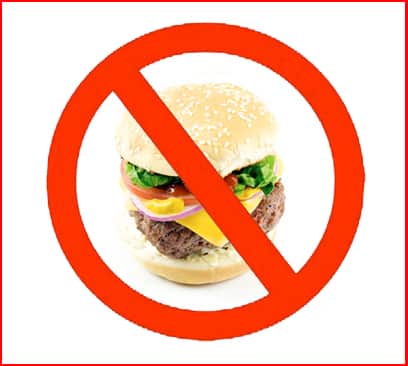|
|
Post by gambina on Jan 5, 2019 13:58:21 GMT
For food to be kosher, one cannot mix meat and dairy products. The same goes for all cooking and serving equipment, which has to be kept and cleaned separately. For all practical purposes, this means having two sets of dishes and cooking utensils. Then, there is something that we call pareve, a word that means neutral and describes foods that are neither dairy nor meat, such as eggs and fish, tofu, nuts, seeds, fruits and vegetables, provided they are not prepared with any milk or meat products. Pareve foods may therefore be mixed in and served with either milk or meat.  |
|
|
|
Post by fudge on Feb 22, 2019 11:45:31 GMT
So in other words - no cheeseburgers, then? 🍔😜  |
|
|
|
Post by gambina on Aug 21, 2019 20:29:27 GMT
Strict believing Jews must wait up to six hours after eating meat products before eating dairy products. However, meat may be eaten following dairy products (with the exception of hard cheese, which also requires a six-hour interval). Prior to eating meat after dairy, one must eat a solid food and the mouth must be rinsed.
|
|
|
|
Post by fudge on May 24, 2020 22:42:53 GMT
having two sets of dishes and cooking utensils. Question: Do Jews need separate dishwashers for meat and milk dishes? |
|
|
|
Post by gambina on Sept 16, 2020 22:48:56 GMT
The answer is 'no', but... ...although the American rabbi Moshe Feinstein rules that one may use the same dishwasher for both meat and milk dishes, provided that it is not used for both types of dishes at the same time and that it is cleaned out (along with an empty rinse cycle) in- between uses, he also requires one to maintain separate racks, one for exclusive use of dairy dishes and one for the exclusive use of the meat dishes. |
|